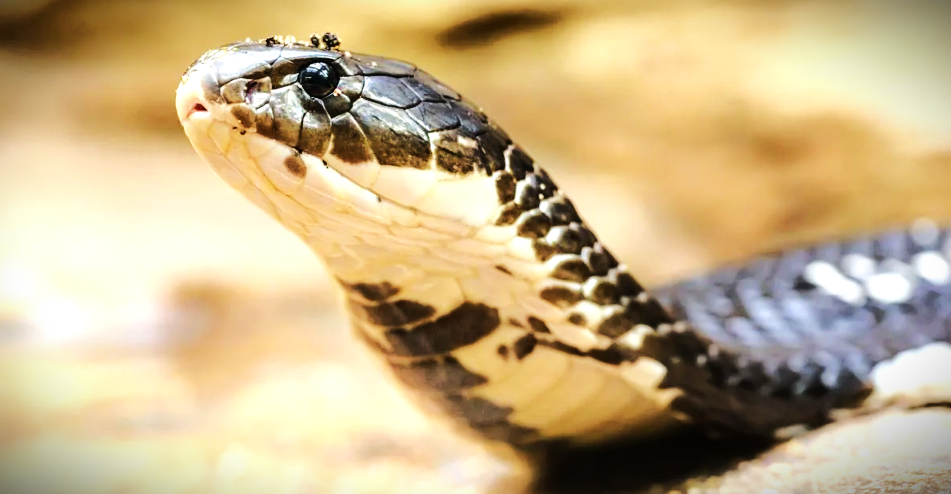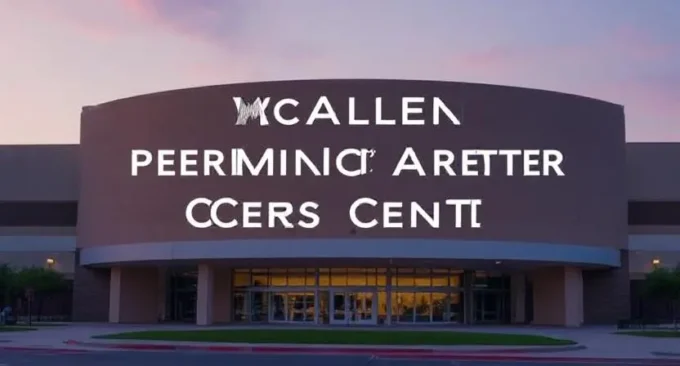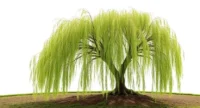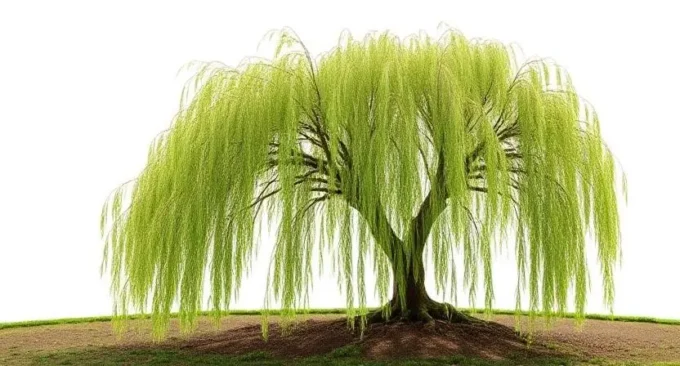Casper wyoming king cobras, one of the world’s most dangerous and fascinating reptiles, have become a subject of growing interest in various parts of the United States, including Casper, Wyoming. These venomous snakes, known for their remarkable size and ability to deliver lethal bites, have drawn both enthusiasts and wildlife experts to explore their behaviors, habitats, and risks. In this guide, we will delve deep into the intriguing world of King Cobras, their presence in casper wyoming king cobras, and the essential knowledge required to understand these magnificent reptiles.
Understanding the Casper Wyoming King Cobras: A Profile of the Species
The casper wyoming king cobras (Ophiophagus hannah) is the world’s longest venomous snake, reaching up to 18 feet in length. Native to forests across Southeast Asia, they are known for their intelligence, territorial behavior, and striking hood. Unlike other cobras, the King Cobra’s primary diet consists of other snakes, which has earned it the scientific name “Ophiophagus” or “snake eater.”
Key Characteristics:
- Size: Adult King Cobras can grow between 12 and 18 feet in length.
- Venom: Their venom is primarily neurotoxic, causing respiratory failure in prey or humans if untreated.
- Diet: Their diet includes other snakes, including pythons and smaller venomous snakes.
- Habitat: Typically found in forests, mangroves, and agricultural areas.
While King Cobras are typically found in the wild regions of India, Thailand, and Indonesia, there have been increasing reports of their appearance in areas such as Casper, Wyoming, although these cases are often linked to illegal pet trading or unregulated reptile exhibitions.
The Growing Interest in Exotic Wildlife in Casper Wyoming King Cobras
In recent years, casper wyoming king cobras has seen a surge in interest regarding exotic wildlife, particularly snakes. The King Cobra has become one of the most sought-after and feared reptiles among collectors and exotic pet enthusiasts. While it is illegal to own such dangerous species without proper permits, many have tried to keep them as pets, leading to accidental escapes and public health concerns.
Wildlife Laws and Regulation in Casper
Casper wyoming king cobras, follows strict laws and regulations regarding the ownership of exotic wildlife. King Cobras fall under the category of dangerous and invasive species, and owning one without a specific permit is prohibited. Wildlife officials have been known to confiscate illegally owned King Cobras from private collections.
Why Casper?
Casper’s climate and geography are far from the natural habitat of the King Cobra, but the allure of owning such a dangerous animal has led to an underground market for these reptiles. The appeal of exotic pets, especially snakes, has made Casper a hot spot for these rare reptiles, sometimes to the detriment of local ecosystems.
The Risks and Challenges of Keeping Casper Wyoming King Cobras
Owning a King Cobra is a serious commitment and risk. These snakes, being apex predators, require a high level of expertise, specialized care, and secure enclosures. Even experienced handlers acknowledge the dangers of housing a King Cobra. In the event of a bite, immediate medical attention is required, as the venom can cause rapid death if not treated.
Venom and Its Effects
The King Cobra’s venom is a potent neurotoxin that can paralyze muscles, leading to respiratory failure. A single bite can deliver enough venom to kill an elephant, and in humans, if untreated, it can cause death within hours. Antivenom is available but must be administered quickly to prevent severe consequences.
Environmental Concerns
Introducing casper wyoming king cobras into non-native areas, such as Casper, can disrupt local ecosystems. These reptiles are at the top of the food chain and can pose a threat to native wildlife. Furthermore, an escaped King Cobra can create a public safety hazard, requiring significant efforts from wildlife control authorities to safely capture or eliminate the threat.
Safety Measures and Handling of King Cobras
For those involved in the legal handling of King Cobras, strict safety protocols are essential. These measures are not only for the protection of the handler but also to ensure the welfare of the animal and the safety of the community.
Proper Enclosures
King Cobras require large, escape-proof enclosures that replicate their natural environment. This includes temperature regulation, hiding spaces, and a secure locking system. Handlers must regularly inspect the enclosure for any potential weaknesses.
Handling Tools and Equipment
Specialized tools such as snake tongs, hooks, and bags are used for handling King Cobras. These tools allow for minimal direct contact, reducing the risk of a bite. Additionally, handlers must wear protective clothing and always have antivenom on-site.
What to Do in the Event of a King Cobra Sighting in Casper
In the unlikely event of encountering a King Cobra in the wild in casper wyoming king cobras, immediate action is necessary. Do not approach or attempt to capture the snake yourself, as these reptiles are extremely dangerous. Instead, contact local wildlife authorities, who are trained to handle such situations safely.
Steps to Take:
- Stay calm and maintain distance – King Cobras are generally not aggressive unless provoked.
- Do not attempt to catch or kill the snake – Handling the situation improperly can increase the risk of a dangerous encounter.
- Contact wildlife control – Inform local authorities immediately to prevent any potential danger to the community.
The Role of Education in Preventing Cobra-Related Incidents
Public education is key in reducing the risks associated with casper wyoming king cobras. Wildlife authorities regularly hold informational sessions to raise awareness about the dangers of owning exotic species. Learning about these creatures and the laws governing their ownership is crucial in minimizing illegal trading and unsafe handling practices.
Outreach Programs
Local organizations often collaborate with schools and community centers to provide educational programs on exotic wildlife. These programs aim to educate the public on the ecological impact of exotic species, the risks they pose, and the legal repercussions of illegal ownership.
Conclusion
While the casper wyoming king cobras is undoubtedly a fascinating and magnificent species, it poses significant risks when kept outside its natural habitat. In Casper, Wyoming, where interest in exotic pets is growing, the presence of King Cobras has sparked concerns about public safety and environmental impacts. Understanding the dangers, responsibilities, and legal requirements involved in owning such a reptile is critical for anyone considering adding a King Cobra to their collection.
For more information about owning exotic pets and ensuring public safety, it is essential to stay informed and follow local wildlife laws. King Cobras, though captivating, require the utmost respect and care from those who handle them.

















Leave a comment